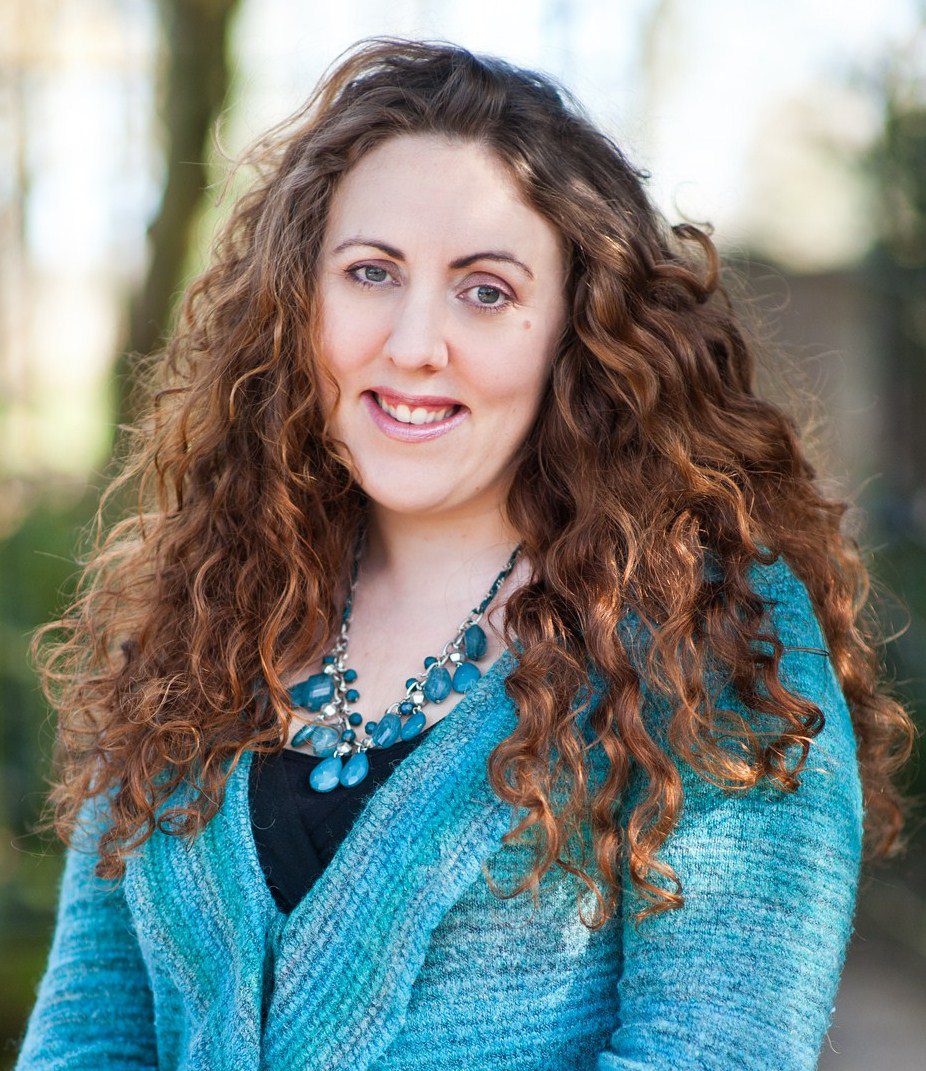Common Myths About…Babies

Confused about infant development? Sarah Ockwell-Smith addresses some widely held misconceptions…

When it comes to babies’ development, old wives’ tales are rife, but telling fact from fiction is important for early years practitioners and parents alike.
Let’s begin with the idea that babies need to be ‘taught’ independence. You cannot teach independence; it develops naturally once the need for dependence is met. It is the very nature of a baby to be fully dependent on their parent or caregiver. A baby’s brain is a fraction of the size of an adult’s and their immature bodies mean they are reliant on their parents and caregivers to meet all of their needs. Artificial or premature separation of baby and parent or caregiver teaches infants only that they cannot rely on their needs being met. The key to the development of independence is to allow babies to be as dependent on you as they need in their first few years of life. As they grow, confidence and independence will blossom naturally. Babies who are forced to be independent often become anything but.
Self-soothing
There are similar misconceptions surrounding self-soothing: to put it simply, self-soothing is not something you can teach. It is a developmental milestone, similar to babies’ ability to talk or walk. When their brains are matured enough, the skill will emerge naturally.
It is possible to teach a baby to not call out for their parents or caregivers, through the use of numerous old-fashioned behaviourist sleep-training techniques. However, it’s important to understand that these don’t teach babies to self-soothe, but rather that nobody comes if they cry. The best way to encourage the brain development necessary for babies to be able to self-soothe later in life is via nurturing on behalf of the parent or caregiver. When a baby is responded to swiftly and compassionately, the section of the brain responsible for emotion regulation grows to its full potential.
Nap time?
You’ll often hear it said that babies should nap for two hours each day, but there’s no scientific evidence to show that. Although it may be convenient for caregivers to have a break, a 30-minute nap is acceptable when it comes to a baby’s development. In fact, 10% of babies six months and over don’t nap at all in the daytime. The important thing to consider is how long babies sleep for in a 24-hour period. For most of the children in your care, a total of around 12–14 hours sleep will be the norm. If a baby sleeps from 7pm to 7am then their sleep need for that day has been fulfilled, even if they don’t nap at all during the day. Of course, an uninterrupted stretch like this is far from guaranteed – even by six months, despite what some people may tell you. As exhausting as it may be, disrupted nights are a normal accompaniment to babyhood. The arbitrary age of six months is the point at which many believe babies should sleep through the night, without food or parental comfort, despite human biology saying otherwise. Recent research, however, suggests that 60% of nine-month-olds and a third of 15-month-olds still wake regularly. Night feeds are normal until at least 12 months and children won’t commonly ‘sleep through’ reliably until they turn two.
Social engagement
Babies like looking at other babies, in books, on TV and in real life; however, this doesn’t indicate that they need to be in the presence of other infants in order to develop good social skills. Babies can learn everything they need to know from their regular caregivers. Normal everyday exchanges that may often seem mundane to us are the building blocks of sociability. Shared conversations, reading books, mimicking facial expressions, singing, cuddling and playing peekaboo teaches babies valuable life skills that help them to grow into happy and sociable children.
This would happen if a baby had never even met another baby; infants are hard-wired to seek social engagement and to learn from us. It is these adult interactions that matter the most.
Feeding right
Once babies have teeth, it’s time to stop breast-feeding, right? Wrong. The benefits of breastfeeding continue well beyond infancy. In the UK only 3% of babies are still exclusively breast-fed by the time they are five months old, but the World Health Organisation (WHO) recommends that all babies are breast-fed until at least two years of age. Regarding breastfeeding with teeth specifically, if you study the physiology of the positioning of the baby’s mouth and the mother’s breast during breastfeeding, you’ll quickly understand that the presence of teeth is inconsequential; the baby’s lips curl protectively over their teeth and the nipple is drawn far into the back of their mouth, well away from any teeth! When weaning does begin, many believe starting with puréed foods is best – but actually, if solids are introduced at an age where babies are ready for them, there is no need for purées. Avoiding purées altogether and choosing a more baby-led method of weaning has many benefits. Babies are more likely to grow with healthy eating habits, and are less likely to be obese as an adult or fussy eaters. If they are weaned when their gag reflex is mature (after six months), then there is no concern about them choking on finger foods. It is important not to confuse this normal gag reflex with choking; they are very different things. The WHO advises the introduction of solid food into babies’ diet “around six months” of age. Historically, many weaned babies anywhere from three to four months, but the guidelines have changed due to an increasing body of research studying the readiness of a baby’s digestive system to handle anything but milk. Science suggests babies weaned before six months of age are more likely to develop problems in later life. Despite this advice, many are tempted to introduce solids earlier in order to encourage more sleep. There is currently no research that shows that giving babies solid food, or indeed giving more if they are already on solids, improves sleep.
There is, however, research that suggests baby sleep regresses once weaning onto solids begins – largely because solid food does nothing to pacify a baby’s need for comfort and reassurance, and introducing something new is likely to prove unsettling for a period.
Fact from fiction
Eight myths about the babies in your care…
1. Babies need to be taught independence Actually, it develops naturally once the need for dependence is met.
2. Babies need to learn to self-soothe Self-soothing isn’t something you can teach.
3. Babies should nap for two hours a day The key is how long they sleep for within a 24-hour period.
4. Babies should sleep all night by six months Children don’t commonly ‘sleep through’ until they turn two.
5. Babies need to socialise with other babies It’s adult interactions that matter the most.
6. Breastfeeding should stop once babies have teeth The WHO recommends that all babies are breast-fed until at least two years of age.
7. Babies should be weaned onto purées If solids are introduced at the right time, there’s no need for purées.
8. Giving solids makes babies sleep longer There is no research that shows this is the case.
Sarah Ockwell-Smith is a parenting expert, author and mother of four. For more information, visit sarahockwell-smith.com or follow @TheBabyExpert












